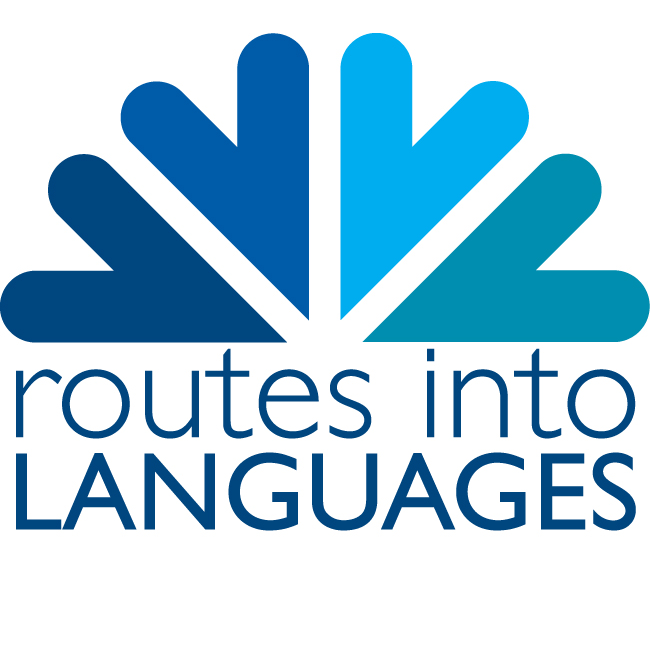A Multi-Lingual and Multi-Cultural Conference and Storytelling Event for Schools, Colleges and Universities, and for Storytellers of All Ages
Storytelling is a practice shared by all human cultures which has endured from ancient times to our contemporary societies. The sharing of tales, tall and short, humorous and didactic, for pleasure and for necessity was, and continues to be, essential for the survival and development of all our cultures.
The oral traditions of storytelling respect and value traditional cultures, encourage cross-generational and cross-cultural sharing, and foster the development of the precious, intangible heritage that is storytelling. It privileges speech and language, and the sharing, preserving and revitalisation of oral heritages.
Beyond the sharing of the oral storytelling and written folktale traditions across cultures, ‘storytelling’ in varying forms is also a newly emerging tool that has been affecting fields as varied as the study of management, strategy and organisation studies, military science, medicine, psychology and psychiatry. For many practitioners in these fields, storytelling is beginning to be a key competency and knowing how to deliver a story effectively combined with knowing the right story to tell is actively reshaping these, and other, disciplines.
Storytelling has also been used in education as an exercise to improve language skills as it offers students a chance to run a self-motivated project in which they have the opportunity to talk about themselves and put across a personal message.
Necessarily shape-shifting and constantly open to new influences, the story in all its forms is a place where languages and cultures meet. This event is both a celebration of that ‘place’ and an attempt to bring together multiple forms of storytelling that may not have yet met.
Two forms of Storytelling will be showcased at this event:
Showcase 1 The Story Bazaar: A Multi-Lingual Storytelling Performance Project
The Story Bazaar is an exciting creative event that conjures up the atmosphere of the bazaar – traditionally the place where traders and travellers met to exchange goods, news and tales. It was a melting-pot where different cultures and languages met, mixed and influenced each other. Stories and storytellers were, and still are, an important part of the bazaar. The oral tradition was nourished by the cross-fertilization of languages, creating new versions of stories, which were carried away by traders. As the African ending to a story goes: ‘Carry some away and bring some back’. Story Bazaar aims to inspire and encourage a creative approach to learning languages, and to re-create the dynamic atmosphere of cultures and languages to share tales.
Teachers and students in a selection of London schools are currently researching and collecting traditional folk stories in their key languages and exploring the rich cultural heritage behind those languages with a focus on engaging the students in speaking and communicating, and developing confidence in expressing themselves in those languages. The Story Bazaar is a cross-curricular activity, linking language learning with written and oral culture, history, social and cultural studies, religion, drama, and art and design. Teachers and students will gather together to perform, share their stories and celebrate the cultural heritage of their key languages.
Project led by Storyteller Sally Pomme Clayton
Showcase 2 Digital Storytelling: Why Digital Storytelling is Good for Your Students
Two emergent trends – storytelling in various fields and the use of social computing tools – can be combined to give renewed options to foreign language studies and help develop both students’ linguistic and cross-cultural skills. Students have the opportunity to develop their fluency by using their own voice while working on a personal story. DST gives them a creative space while focusing also on current issues. Key narrative skills are developed through storyboard writing and the analysis of visual material while also focusing on complex language issues. Throughout the conference, there will be presentations to outline the function of digital storytelling as a pedagogical tool through which students reflect on their experience, present it to others and improve their language skills. Examples of DST developed by students will be shown.
Project led by the LSE Language Centre team (Matteo Fumagalli; Helen Mayer; Hervé Didiot-Cook)
This event has been certified for CPD purposes by the Continuing Professional Development Certification Service. Please register your details with an event steward at the event in order to obtain a CPD certificate of attendance. If a delegate fails to register their details at the event, it will not prove possible to issue a certificate.Certificates of attendance will be emailed out within 10 working days of the event.

